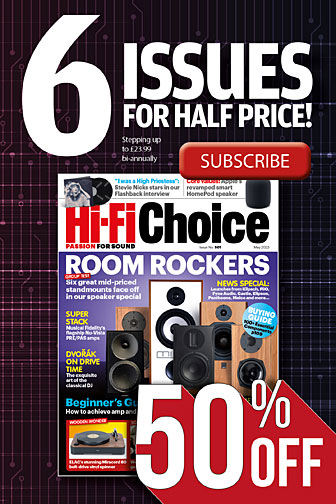Consonance Forbidden City Ping - £1,495
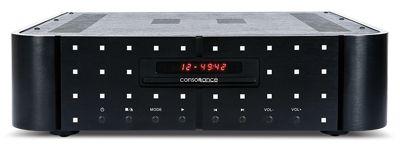
Out of all the systems in this group, this is the one that most resembles an amplifier with added bits. Mostly that’s because it’s quite powerful and, therefore, has the real estate that’s associated with powerful amps (big transformer, reservoir capacitors and heatsinks), but it’s even bigger than it strictly needed to be and is really quite imposing. The front panel layout can be annoying, though – all those little squares prevent one taking in the button labels in a hurry!
Features are minimal, but there is a USB input. Although it’s an A-type socket, which would normally be for a USB stick or similar, it’s actually intended for use as a DAC fed from a computer – you’ll need an A-to-A USB cable, but one is provided with the Ping. The radio is FM and AM, while a single analogue input is the only other connection – no line out or headphone socket here.
There’s some interesting technology at work inside the Ping. The power amplifier stage uses an output device we can’t remember seeing previously, one of the new breed of transistors with a few extra components on board to manage thermal tracking issues, which should help keep performance stable under any conditions of use. The D-A conversion is done by an ancient DAC chip which, unlike all modern ones, has no digital filtering included – there is, however, an analogue filter so this isn’t quite as extreme a ‘filterless’ player as some.
Sound qualityThe bass seems to be the region where the Ping is happiest, and it combines extension with drive and tunefulness to good effect, especially in rock, big pop, large-scale classical and other bass-heavy genres. What it’s not quite so good at is the smaller-scale kind of thing. With music that’s intrinsically on a small scale it seems a little sheepish and disinclined to get involved, while in bigger stuff it doesn’t really have a very tight rein on details.
How much this matters depends, as so often, on the music. A lot of pop doesn’t have very much detail to worry about anyway, so you’ll be fine there, but our listening panel were disconcerted by the lack of insight in the Rachmaninov orchestral track. It had a nice overall feel (thanks in no small part to the great bass) but little beyond that in what is, in fact, a very detailed recording.
Imaging is a little constrained in both dimensions, but tonally the midrange and treble are good – the treble is perhaps a bit closed-in at times but quite sweetly extended. Voices are well served, but that lack of insight means they can become bland when there is a complex accompaniment to deal with as well. Detail does improve via the lone analogue input, suggesting the CD player is again the limiting factor. Radio performance is about average.
LIKE: Good strong bass; plentiful output power; good voices; nice looks
DISLIKE: The sound lacks detail; weak imaging; not many inputs
WE SAY: This seems like a good amplifier with a slightly indifferent CD player added
DETAILS
ORIGIN: China
WEIGHT: 20kg
DIMENSIONS: (WxHxD) 450x110x430mm
FEATURES:
• CD transport; FM/AM radio
• Inputs: 1x line; 1x USB
• 100-watt output
DISTRIBUTOR: Alium Audio
TELEPHONE: 01273 325901
WEBSITE: opera-consonance.com
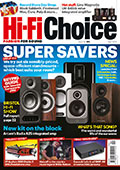 |
Inside this month's issue: Arcam Radia A25 integrated amp, iFi Audio iDSD Diablo 2 DAC/headphone amp, Eversolo DMP-A8 streamer/DAC/preamp, Line Magnetic LM-845IA valve amp, Record Store Day Spring Drop, standmount loudspeaker Group Test and much, much more
|
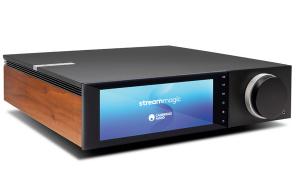
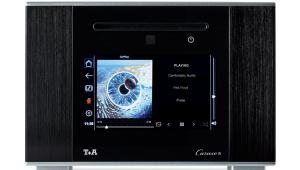
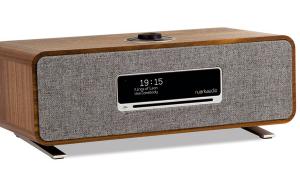
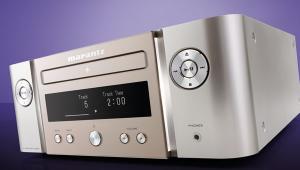
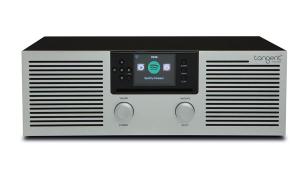

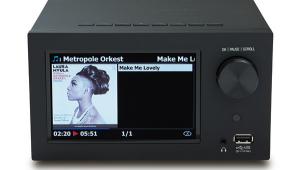

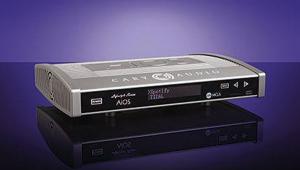
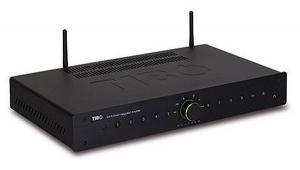

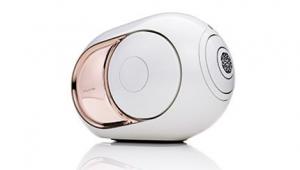
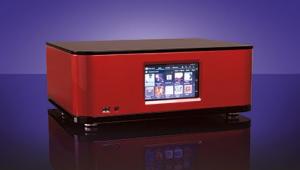

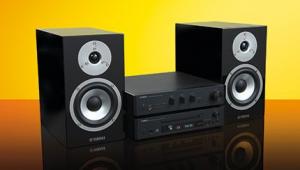
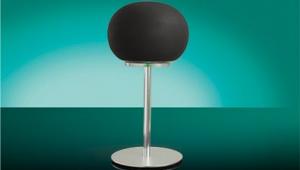
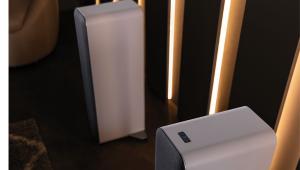
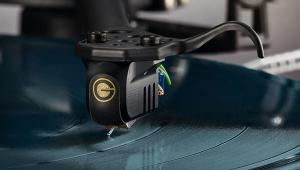
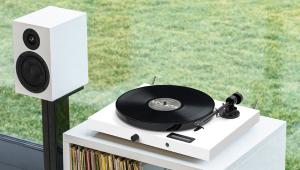
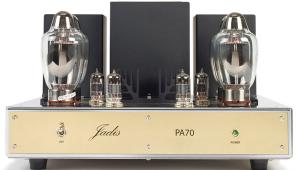
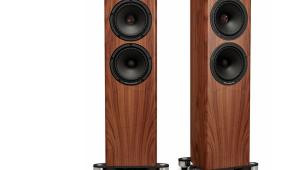
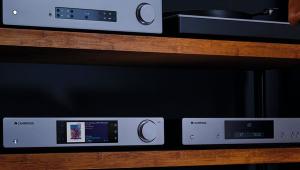
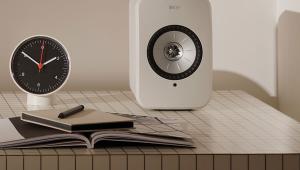
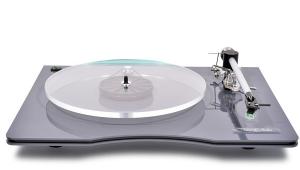
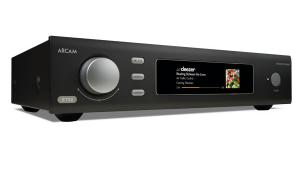
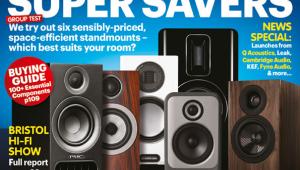
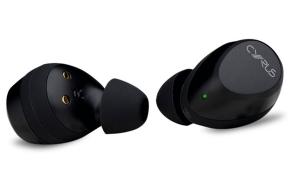
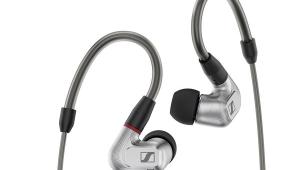
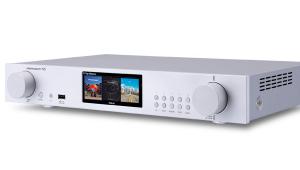
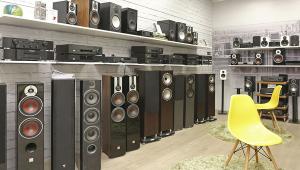
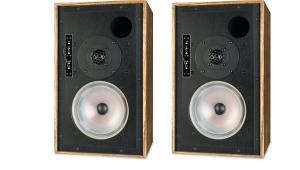
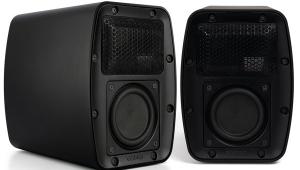
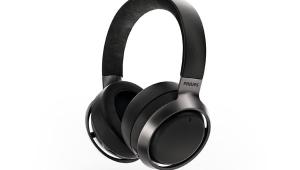
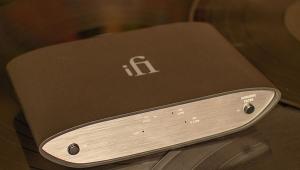
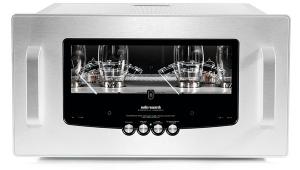
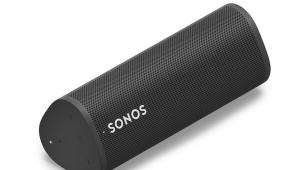
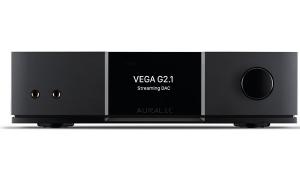
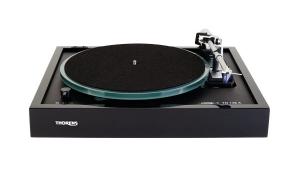
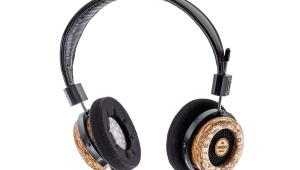
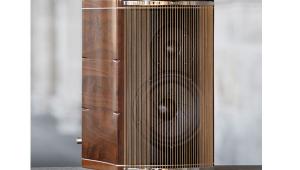
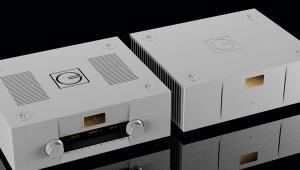
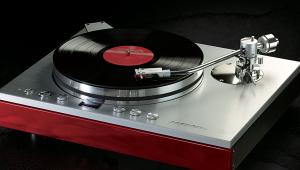
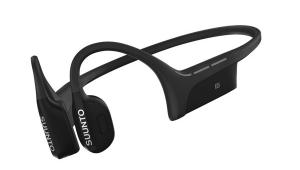
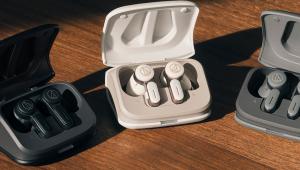
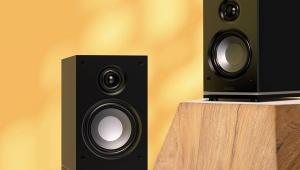
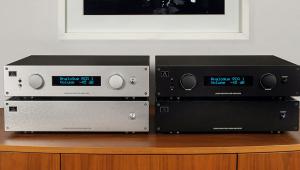
.jpg)
